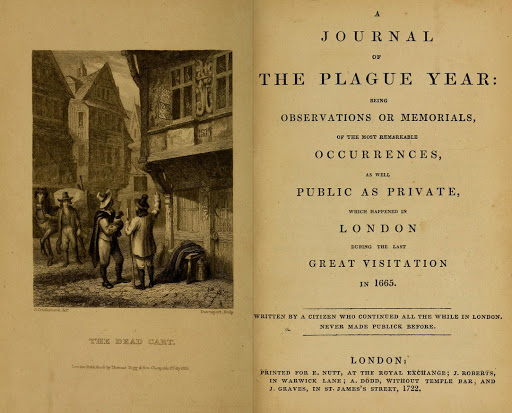 Hard to concentrate on anything while a European capital is besieged and shelled by Russia… The second horseman of the apocalypse (representing War) has joined the first one (called Pestilence).
Hard to concentrate on anything while a European capital is besieged and shelled by Russia… The second horseman of the apocalypse (representing War) has joined the first one (called Pestilence).
 Read the hiking story, L’île-montagne, written by Gilles Modica on his n-th traverse of Corsica, from South to North, of the mythical GR20 hiking trail. A gift from Florence at my p-th birthday party, after she spotted my blog entry on my few hours on that trail… While the author does not appear there as a particularly sympathique personnage, with a common form of mountaineering elitism, the call of the mountains and the intrinsic and wild beauty of the trail is undeniable. Renewing my desire to hike more of it. And the story is full of fascinating historical tidbits. As with so many mountain books, it reads better with a detailed map at one’s side, unless one is already familiar with every rock and every cow on the GR20. (There is a map at the start, but partial maps on the margin would have been more helpful. Esp. for a top quality editor like Guérin.) I also went quickly through two volumes of ‘s Inspector Konrad new trilogy, The Darkness knows and The Girl by the Bridge, in their French translation. Ending up rather disappointed with a feeling of déjà vu. For the first one, the themes of (impact of the second World War, poverty, domestic violence, childhood memories, icefields). With the added annoyance of seeing the same events reported twice within a few pages. For the second, it brought back the memory of walking in the downtown Reykjavik cemetery, a few years ago, in less dramatic circumstances, but otherwise, I found the scenario rather lazy and the resolution predictable. With an added touch of supernatural, which I do not appreciate at all outside fantasy books!
Read the hiking story, L’île-montagne, written by Gilles Modica on his n-th traverse of Corsica, from South to North, of the mythical GR20 hiking trail. A gift from Florence at my p-th birthday party, after she spotted my blog entry on my few hours on that trail… While the author does not appear there as a particularly sympathique personnage, with a common form of mountaineering elitism, the call of the mountains and the intrinsic and wild beauty of the trail is undeniable. Renewing my desire to hike more of it. And the story is full of fascinating historical tidbits. As with so many mountain books, it reads better with a detailed map at one’s side, unless one is already familiar with every rock and every cow on the GR20. (There is a map at the start, but partial maps on the margin would have been more helpful. Esp. for a top quality editor like Guérin.) I also went quickly through two volumes of ‘s Inspector Konrad new trilogy, The Darkness knows and The Girl by the Bridge, in their French translation. Ending up rather disappointed with a feeling of déjà vu. For the first one, the themes of (impact of the second World War, poverty, domestic violence, childhood memories, icefields). With the added annoyance of seeing the same events reported twice within a few pages. For the second, it brought back the memory of walking in the downtown Reykjavik cemetery, a few years ago, in less dramatic circumstances, but otherwise, I found the scenario rather lazy and the resolution predictable. With an added touch of supernatural, which I do not appreciate at all outside fantasy books!
Watched All of Us Are Dead, a (of course!) Korean zombie series. At first as a way to temporarily escape the anxiogenic influx of horrific news from Ukraine with a brainless diversion… Despite my general reluctance for zombie movies. And then for the powerful satire behind the story! The construction of the network of the few teenagers escaping their former colleagues indeed proves rather efficient, with the characters growing into several dimensions, if the scenario is overly stretched, and too prompt to sacrificing a member of the group when tension goes down. Incl. some most unexpectedly, scenario-wise… But it remains biting, humorous, moving at times, full of references to the Korean zombie culture (incl. many to Last train for Busan) and the shortcomings of a competitive and inegalitarian society…
:format(webp):no_upscale()/cdn.vox-cdn.com/uploads/chorus_asset/file/13622464/910u1vLWepL.jpg)


